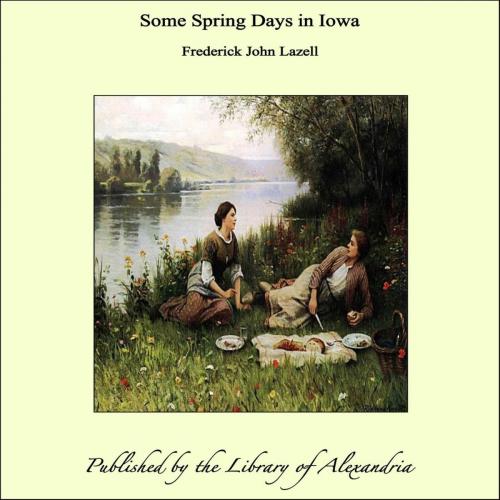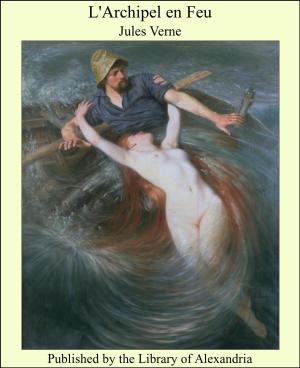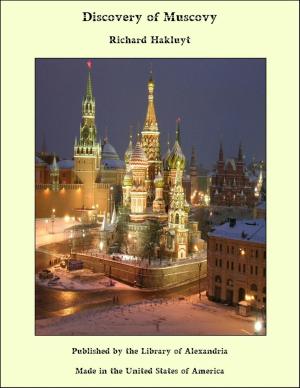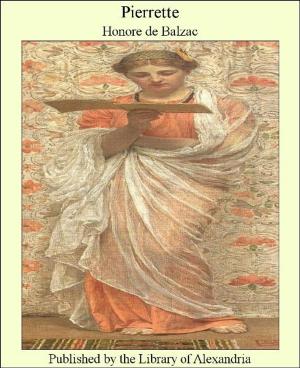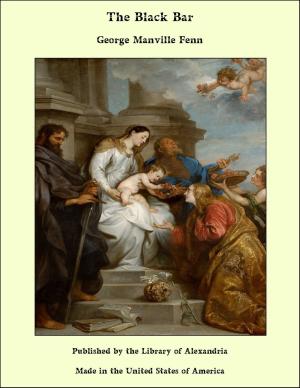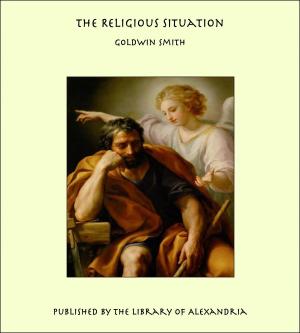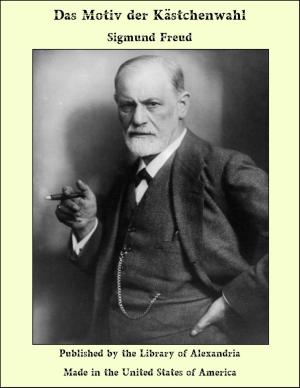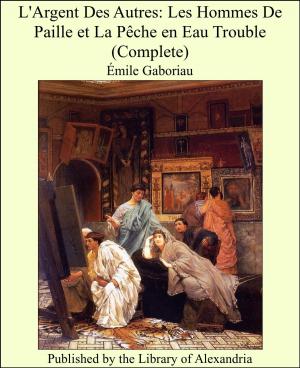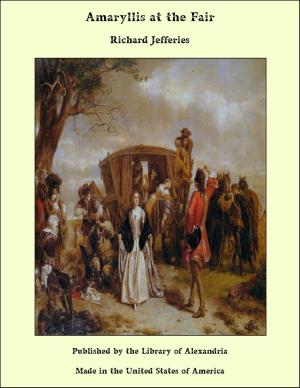Some Spring Days in Iowa
Nonfiction, Religion & Spirituality, New Age, History, Fiction & Literature| Author: | Frederick John Lazell | ISBN: | 9781465556356 |
| Publisher: | Library of Alexandria | Publication: | March 8, 2015 |
| Imprint: | Language: | English |
| Author: | Frederick John Lazell |
| ISBN: | 9781465556356 |
| Publisher: | Library of Alexandria |
| Publication: | March 8, 2015 |
| Imprint: | |
| Language: | English |
It is indeed a pleasure thus to open the gate while my friend leads us away from the din and rush of the city into “God’s great out-of-doors.” Having walked with him on “Some Winter Days,” one is all the more eager to follow him in the gentler months of Spring—that mother-season, with its brooding pathos, and its seeds stirring in their sleep as if they dreamed of flowers. Our guide is at once an expert and a friend, a man of science and a poet. If he should sleep a year, like dear old Rip, he would know, by the calendar of the flowers, what day of the month he awoke. He knows the story of trees, the arts of insects, the habits of birds and their parts of speech. His wealth of detail is amazing, but never wearying, and he is happily allusive to the nature-lore of the poets, and to the legends and myths of the woodland. He has the insight of Thoreau, the patience of Burroughs, and a nameless quality of his own—a blend of joyous love and wonder. His style is as lucid as sunlight, investing his pages with something of the simplicity and calm of Nature herself. The fine sanity and health of the man are in the book, as of one to whom the beauty of the world is reason enough for life, and an invitation to live well. He does not preach—though he sometimes stops to point to a forest vista, or a sunset, where the colors are melted into a beauty too fair and frail for this earth. Let us hope that the author will complete his history of the seasons, and tell of us of Summer with its riot of life and loveliness, and of the Autumn-time with its pensive, dreamy beauty that is akin to death. He is a teacher of truth and good-will, of health and wisdom, of the brotherhood of all breathing things. Having opened the gate, I leave it open for those who have eyes to see and ears to hear. Joseph Newton
It is indeed a pleasure thus to open the gate while my friend leads us away from the din and rush of the city into “God’s great out-of-doors.” Having walked with him on “Some Winter Days,” one is all the more eager to follow him in the gentler months of Spring—that mother-season, with its brooding pathos, and its seeds stirring in their sleep as if they dreamed of flowers. Our guide is at once an expert and a friend, a man of science and a poet. If he should sleep a year, like dear old Rip, he would know, by the calendar of the flowers, what day of the month he awoke. He knows the story of trees, the arts of insects, the habits of birds and their parts of speech. His wealth of detail is amazing, but never wearying, and he is happily allusive to the nature-lore of the poets, and to the legends and myths of the woodland. He has the insight of Thoreau, the patience of Burroughs, and a nameless quality of his own—a blend of joyous love and wonder. His style is as lucid as sunlight, investing his pages with something of the simplicity and calm of Nature herself. The fine sanity and health of the man are in the book, as of one to whom the beauty of the world is reason enough for life, and an invitation to live well. He does not preach—though he sometimes stops to point to a forest vista, or a sunset, where the colors are melted into a beauty too fair and frail for this earth. Let us hope that the author will complete his history of the seasons, and tell of us of Summer with its riot of life and loveliness, and of the Autumn-time with its pensive, dreamy beauty that is akin to death. He is a teacher of truth and good-will, of health and wisdom, of the brotherhood of all breathing things. Having opened the gate, I leave it open for those who have eyes to see and ears to hear. Joseph Newton
